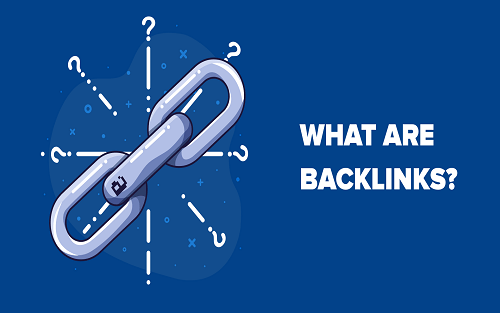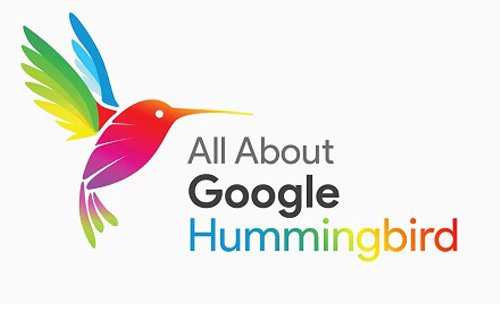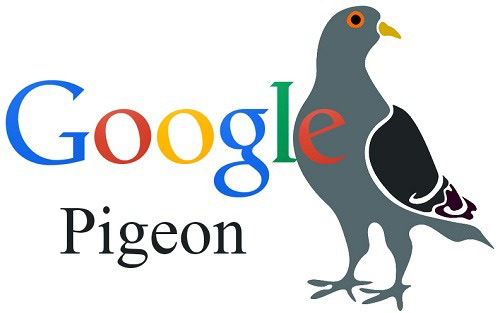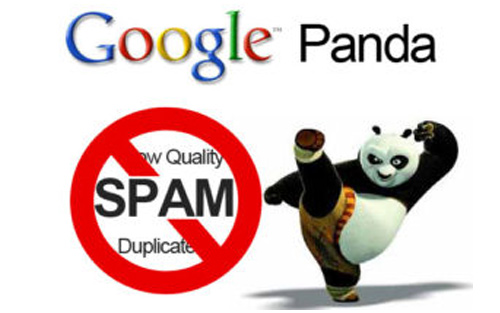
Google Panda is basically a series of on-going data refreshes and algorithm updates for the Google search engine.
The company rolls out the updates and refreshes in order to refine its search algorithm with the aim of improving the significance/value of search query results for users.
Through Google Panda, Google seeks to elevate high quality web pages as well as sites to the top of organic search results. The company, at the same time lowers or penalizes lower-quality web pages and sites. This is particularly true to sites that display huge amounts of ads without much high quality content.
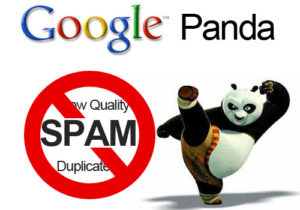 The original Google Panda update made a debut in February 2011. Since then, the company has rolled out not less than three additional major updates.
The original Google Panda update made a debut in February 2011. Since then, the company has rolled out not less than three additional major updates.
The most recent one was on May 2014 (Google Panda 4.0 Update). Google also boasts a history of initiating minor updates. Sometimes, the company does so as frequently as even monthly.
If you are in the SEO industry, you must follow the Panda updates closely. The same is true to web developers across the world. This is because Panda changes have a huge impact on the traffic amounts a web site gets from organic or natural search results.
Why did Google Introduce Google Panda?
Google introduced Google Panda in order to improve the quality of websites for the benefit of web visitors. High quality sites enjoy higher rankings while low quality sites face stiff penalties.
Over the years after its introduction, many sites have had to improve their quality in order to avoid penalties from Google.
How to Avoid Google Panda for your Ipswich business
You can prevent Google Panda from impacting your site negatively is pretty simple. You need to create unique and high quality content that answers the queries searchers are asking.
You can tell whether content is of high quality or not by reading content loud. Anytime you read content aloud, you suddenly notice mistakes such as grammatical errors, repetitive keywords as well as other signals that content which will come in the way of content quality.
Read out and edit yourself as you go. Alternatively, you can ask someone else to do it on your behalf. Doing that will help you flag the mistakes that need to be changed.
How to Recover your Ipswich website if Penalized By the Panda
The Panda update might be a few years old. However, it doesn’t mean that everyone has it all figured out. Actually, because of the lack of any hard data, it might be quite hard to figure out whether Panda has penalized you and how to recover from the penalty.
You site can be penalized by Google Panda because of various reasons. However, these two are the main common reasons:
- Your content is of low or poor quality. It consists of writing content that isn’t up to the required standards. If you write content that’s copied from other sites or isn’t adding value to Google, you can also face stiff penalties from Google Panda.
- Your site SEO isn’t up to the mark. You can also face penalties by unknowingly creating content that is shallow from your blog. Ex: Category pages, tag pages or those pages with a duplicate meta title. This can include your blog’s SEO structure.
- So how does one recover if penalized by Panda? The primary step is to check whether Panda has penalized you or not. You can use an SEM tool that shows you the number of keywords you’ve lost the ranking as well as the number of keywords you’ve gained ranking.
If you’ve lost keyword rankings to such a great extent, then it’s a clear indication that Google Algo updates, Panda included have hit you.
Focusing on your site’s quality is the best way to avoid being hit by Panda.
Conduct an SEO audit of your Site
Doing this is one of the best ways to recover from Panda penalty. Since fixing content takes time, it’s prudent to begin on sorting out SEO issues first. An excellent way is to begin by checking the specific pages that are indexed by Google.
For each result, ask yourself the question, ‘Is the page important to Google users or for Google search?’
Find and get rid of duplicate Meta titles and descriptions
Once you eliminate unwanted pages and links from your website index, it is high time to search for content with duplicate meta description or title.
It can happen for a variety of reasons, which include employing the use of a poor SEO plugin and URL parameters. You can utilize Google webmaster tool to locate pages with identical meta descriptions and title.
Improve your content
Google penalizes many sites because of low quality content. The above fixes are effective at helping lower the number of low-quality content from your website. To reduce it, you must work on your content level.
Begin with On-page SEO.
However, avoid spamming your website’s content at all cost. Write naturally and maintain the formatting of your article.
All these are highly effective strategies to help you recover from Google Panda penalty.
How to Keep the Panda Happy
You can do 3 main things to not only keep Google Panda fed but also happy. Here are the 3 things:
- Silo content in order to come up with a themed website – It helps search engines as well as visitors to navigate your site effortlessly in order to obtain the information they need regarding a particular topic.
- Follow Google’s quality guidelines – Rather than freakishly obsessing over each factor Google might be scrutinizing, it’s prudent to start with what the company says it is important.
- Always create authoritative, diligent, informative, rich, latest, and in-depth content – Get your content from credible sources trusted by Google. For instance, Google Scholar is an excellent place to locate research-based and scientific information. Always derive information from authoritative publications, books, and sites.



